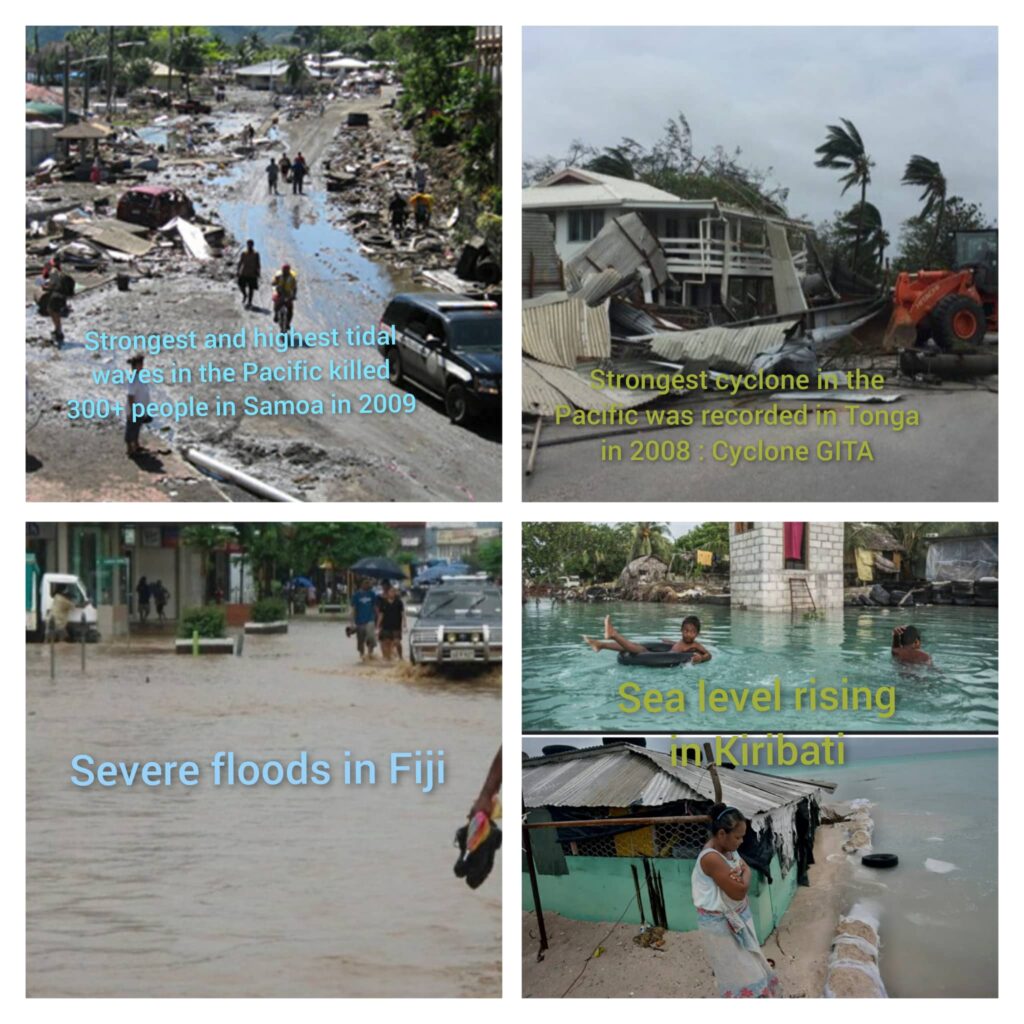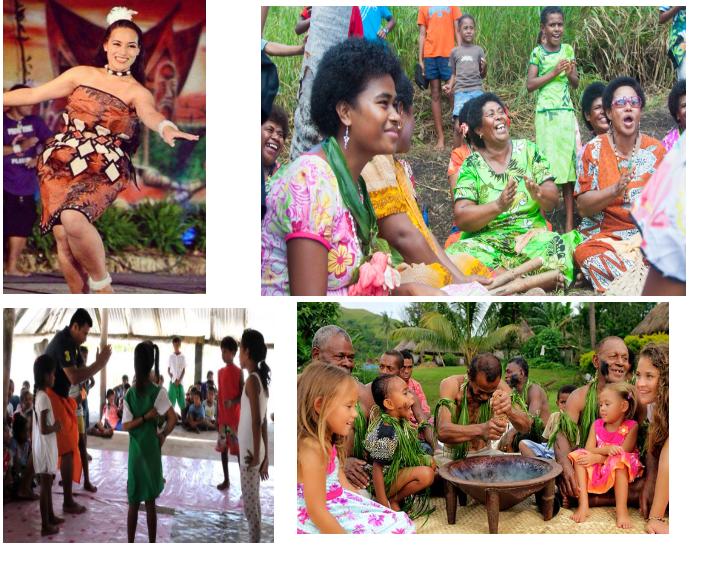In order for education to advance society, it must meet the needs of the people involved and be appropriate to the social and material environment in which it takes place. Also, education must be adaptive and cumulative, taking into account the members of society’s aspirations and concepts of development and responding to the exigencies of the situation.
In order for a society to advance and innovate, individuals must have access to a high-quality education that empowers them to explore the nuances of the environment around them and gain knowledge that will lead to mastery of their surroundings. In the past, our ancestors did not go to a modern school, they only learnt at home and can predict whether by studying the insects characteristics, fruit bearing etc. For instance, the grandparents and great grandparents once said, on days prior to rainy days, the honey bees spent more time out of the hive foraging for honey as compared to days where rain was not forecast the next day. If the breadfruit will bear many fruit compared to normal bearing, the grandparents said there will be a tropical cyclone on the cyclone seasons.
Therefore, if traditional knowledge will be implanted into the curriculum, the students will enjoy and can understand the lesson easier than reading through a whole passage of notes that was written overseas. The students grew up at home knowing and listening to the knowledge that has been told by their grandparents from generation to generation. They can explorer and can predict the seasons before it comes. The parents at home can also help out with their studies and can show them more signs of seasons and whether.

